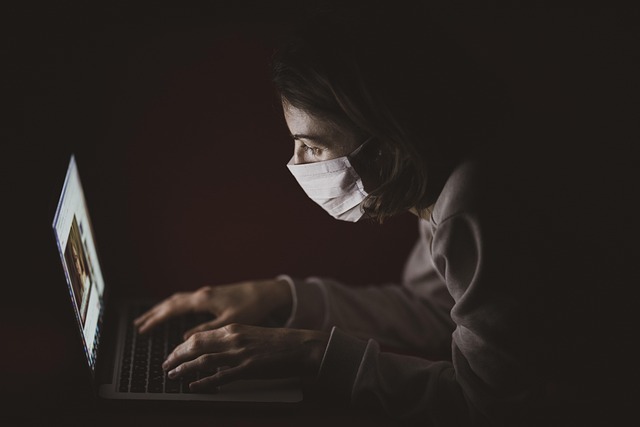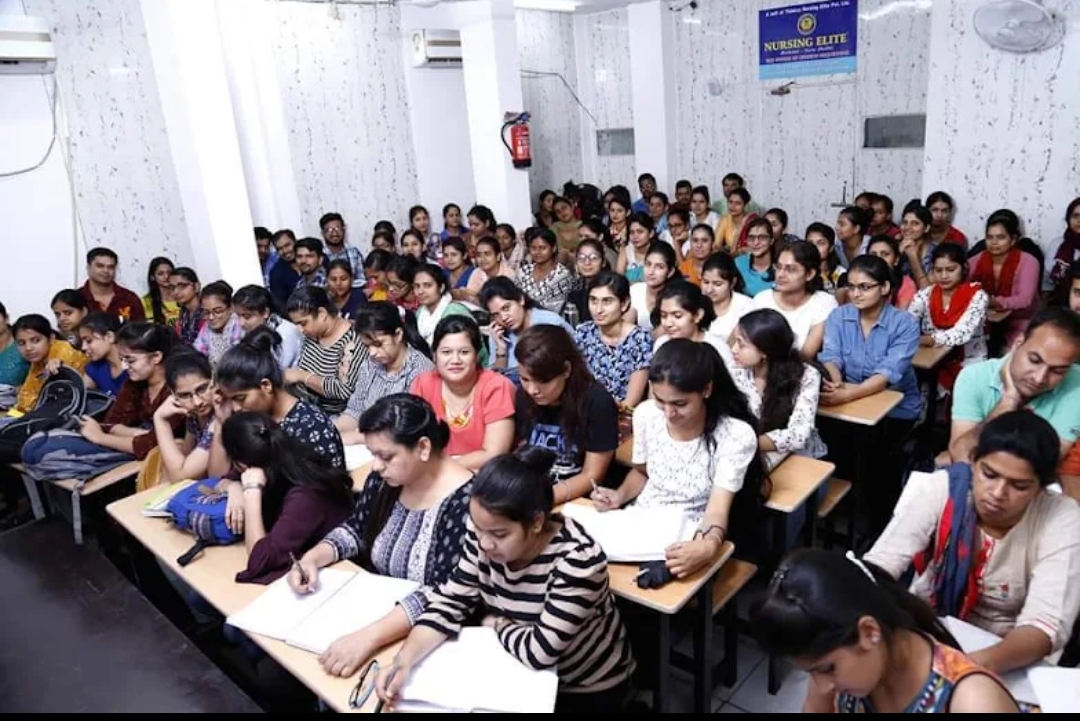It’s hard to believe that over five years have passed since COVID-19 swept across the globe, changing life as we knew it. From empty streets and overrun hospitals to Zoom fatigue and social distancing, the pandemic carved itself deeply into the colle
The Early Days: Confusion and Crisis
Back in late 2019 and early 2020, the world watched with uncertainty as reports of a novel coronavirus emerged from Wuhan, China. At first, it felt distant—another virus in another part of the world. But within weeks, that illusion faded. Borders closed. Cities locked down. Panic-buying began. Healthcare systems strained. The world had entered a state of emergency.
A Test of Science and Solidarity
While fear spread, so did innovation. Scientists raced to understand the virus, eventually leading to the historic development of mRNA vaccines. Vaccines from Pfizer-BioNTech, Moderna, and others were developed at record speed, saving millions of lives. Countries rolled out vaccination campaigns, though not without challenges—vaccine hesitancy, inequity in distribution, and misinformation.
Despite the global effort, the virus mutated, giving rise to variants like Delta and Omicron. Each wave brought new restrictions, debates, and disruptions. But through it all, the world adapted.
The Human Impact
The numbers are staggering—millions of lives lost, millions more affected physically, mentally, and economically. Families were separated, milestones missed, and routines upended. But COVID-19 also highlighted resilience. Communities organized mutual aid. Essential workers became everyday heroes. Technology helped us stay connected in isolation.
Where We Are Now
As of mid-2025, COVID-19 remains present but largely manageable. Vaccines and antiviral treatments have turned the virus into something closer to seasonal influenza in many parts of the world. We’ve learned to live with it—masks are still used in high-risk settings, remote work remains common, and public health has become a more visible part of daily life.
Lessons Learned
COVID-19 exposed vulnerabilities in healthcare, governance, and global coordination. It also taught us the value of preparedness, science, and compassion. Moving forward, the focus must be on building resilient systems that can withstand future pandemics, promoting mental health, and addressing the inequalities that COVID laid bare.
Final Thoughts
The COVID-19 pandemic was one of the defining events of the 21st century. Its impact will be studied for decades. But beyond statistics and policy papers, it’s the human stories—of loss, love, sacrifice, and endurance—that will define our memory of this time.







